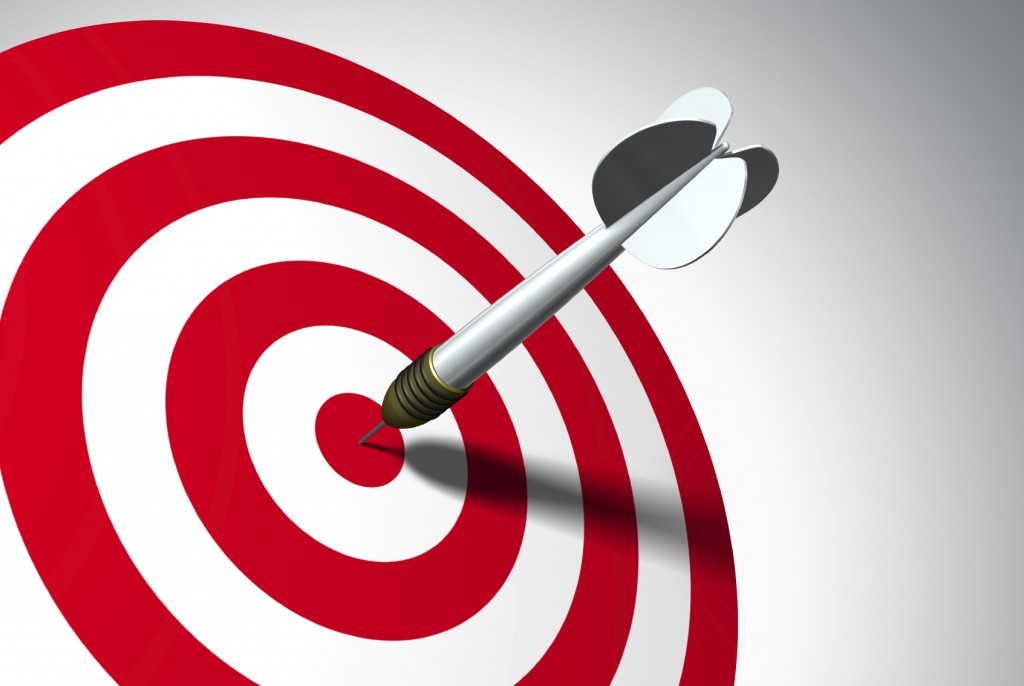The future of marketing is intensely personal — marketing targeted not just to you, but to where you are and about what you’re doing right this very moment.
Walking by a coffee shop? Your phone will buzz with a promotional code for a free cup. If you’re in a clothing store, get ready for your phone to suggest colors and styles of the shirt you’re ogling that go with clothes you had dry-cleaned last week.
You know that scene in Minority Report where the Tom Cruise character walks down the mall and is barraged by personal ads using his name? Or the other one where he goes into The Gap and a beam scans his (new) eyes and a hologram asks him, “…how’d those assorted tank tops work out for you?”
That’s coming.
Ready or not.
The technology may not be quite ready to scan your eyes and instantly access your entire buying and commercial browsing history. But almost all the data about who you are, where you’ve been, what you’ve bought, what you’ve watched and who you chatted with is already stored somewhere. And that data is increasingly being connected to your smart phone — which ‘knows’ where you are right this second.
It may still feel like science fiction but that data to device to you loop is already being deployed in customer service settings. Monscierge, for example, is using the technology for some of the world’s biggest hotel brands. They do a great deal more than this but one feature of the system is the right out of the movies.
“Our management software can alert hotel staff and managers when a VIP or rewards guest walks into the lobby,” said Marcus Robinson, Chief Experience Officer at Monscierge. “By connecting the guest to the hotel, we can do things like expedite check in and provide information about things like open restaurants nearby. But we can also let the hotel know when their guests are arriving or if they are spending an unusually long time waiting for an elevator. It’s a powerful customer service tool.”
Being able to deliver on high quality, deeply personal service with this type of technology connectivity is indeed potent. Imagine arriving at your hotel and being greeted at the curb by name and with your room key in hand. I have to tell you, that would make me feel special.
Trading privacy for personalized service.
It’s probably common to think about privacy or question whether customers actually want a company or their marketing teams knowing that much about where they are and what they’re doing. But Monscierge directed me to a report by the School of Hotel Administration at Cornell University that found that people are actually quite happy to trade personal information for personal service. According to that report, “…many travelers, particularly women and young travelers, are willing to share personal information on a limited basis in exchange for special services or offers.”
And the willingness to swap information for service isn’t limited to hotels. Research by airline technology specialists SITA indicated that 72 percent of passengers using mobile devices say they are willing to share data in exchange for more personalized service.
So, if you do it right, customers may actually want this type of customization. There’s already a whole field of marketing growing around the idea — GPS marketing. Although it’s just now starting to catch on, once they get the data management right, it’s easy to see that level of personal marketing — Minority Report style — taking over everything. Why send a blast e-mail or place an ad when you can sell me exactly what I’m shopping for — at the exact moment in shopping online or in the store?
We know where you are.
It’s still a tad fictionish to imagine how GPS marketing will be used to pitch or promote softer products and services such as web design or supply chain management. But I have little doubt that if marketing experts are really on the verge of making movies into reality, they will find a way to sell services this way as well.
Once this type of marketing becomes pervasive it could be real boon for small brand and startup players looking to break into markets dominated by high profile brands. GPS could do for these small eager players what the Internet did 20 years ago — further discount the value of physical retail space. With GPS, in theory, any product or service provider can reach into your pocket and ping you with why their product is better at the exact moment you’re shopping the competition — making any store in your market your store.
Resources:ExpertOnline360.com
